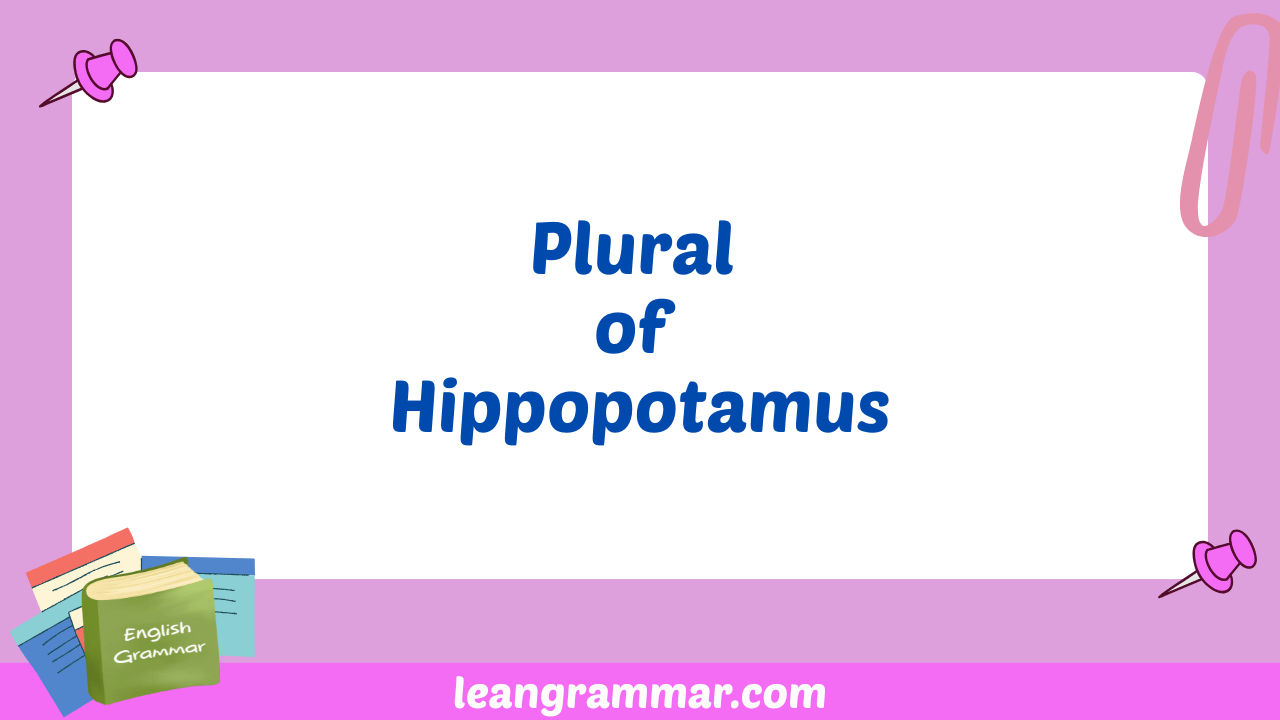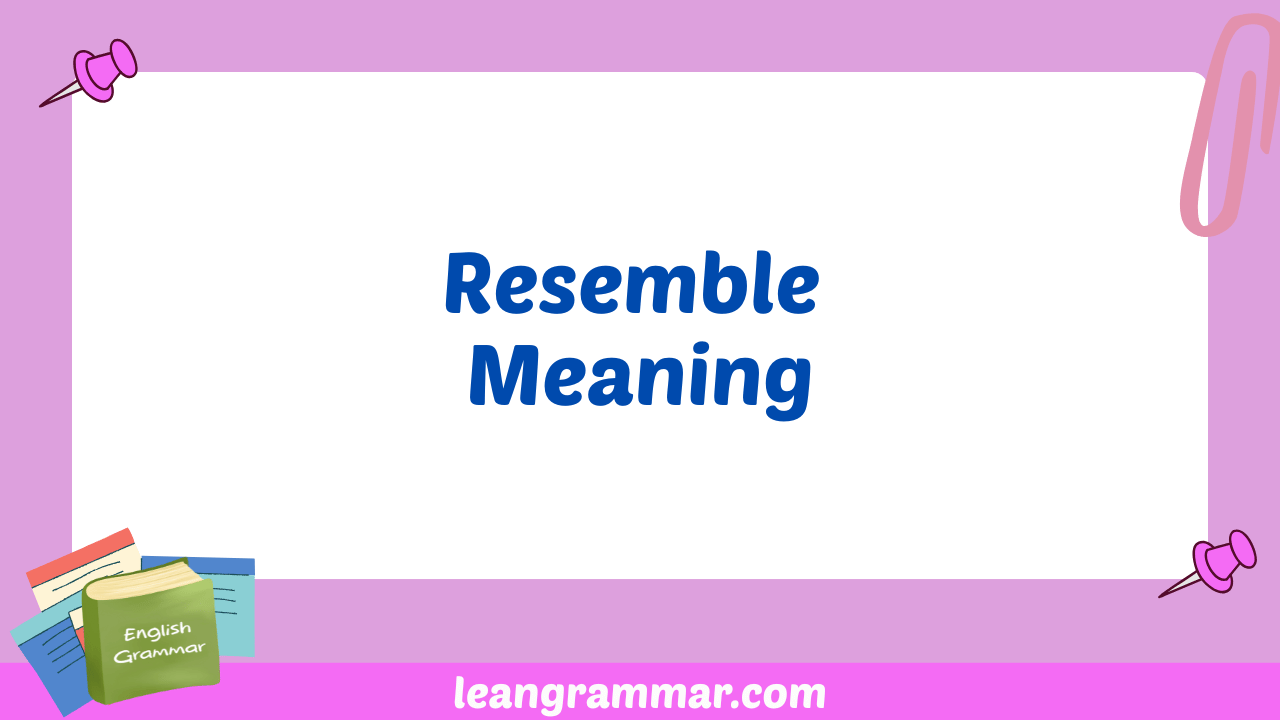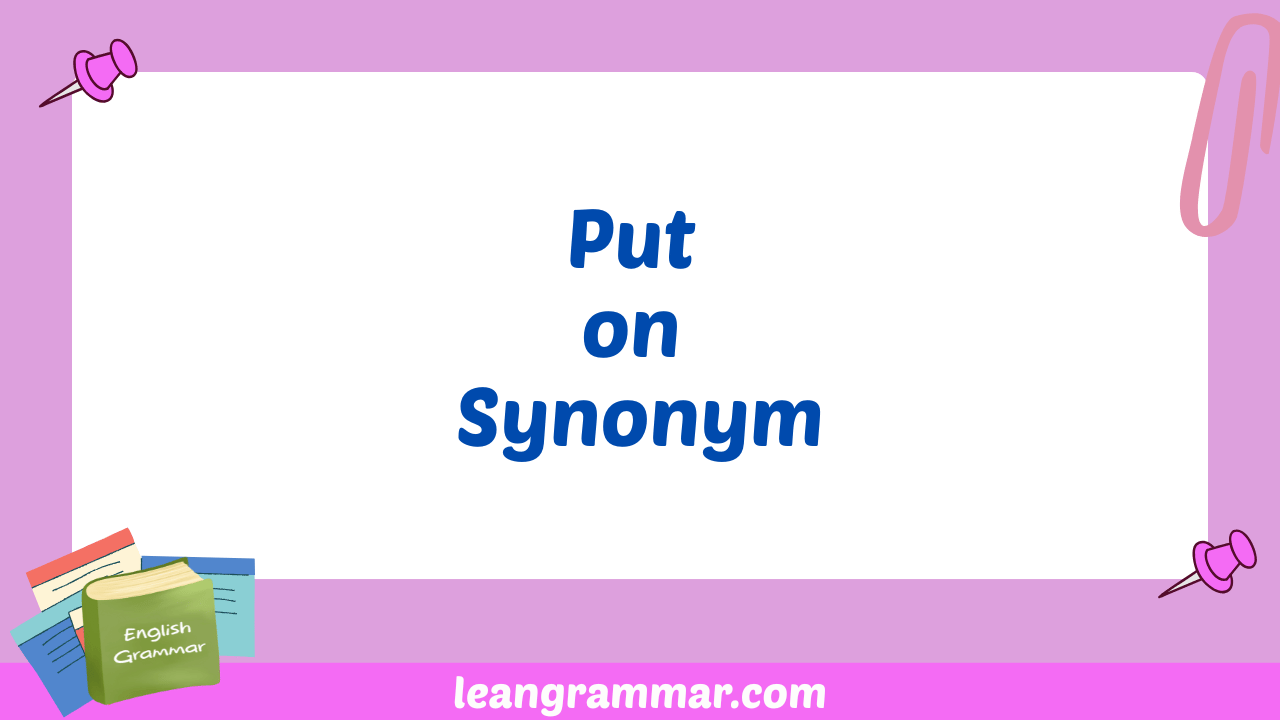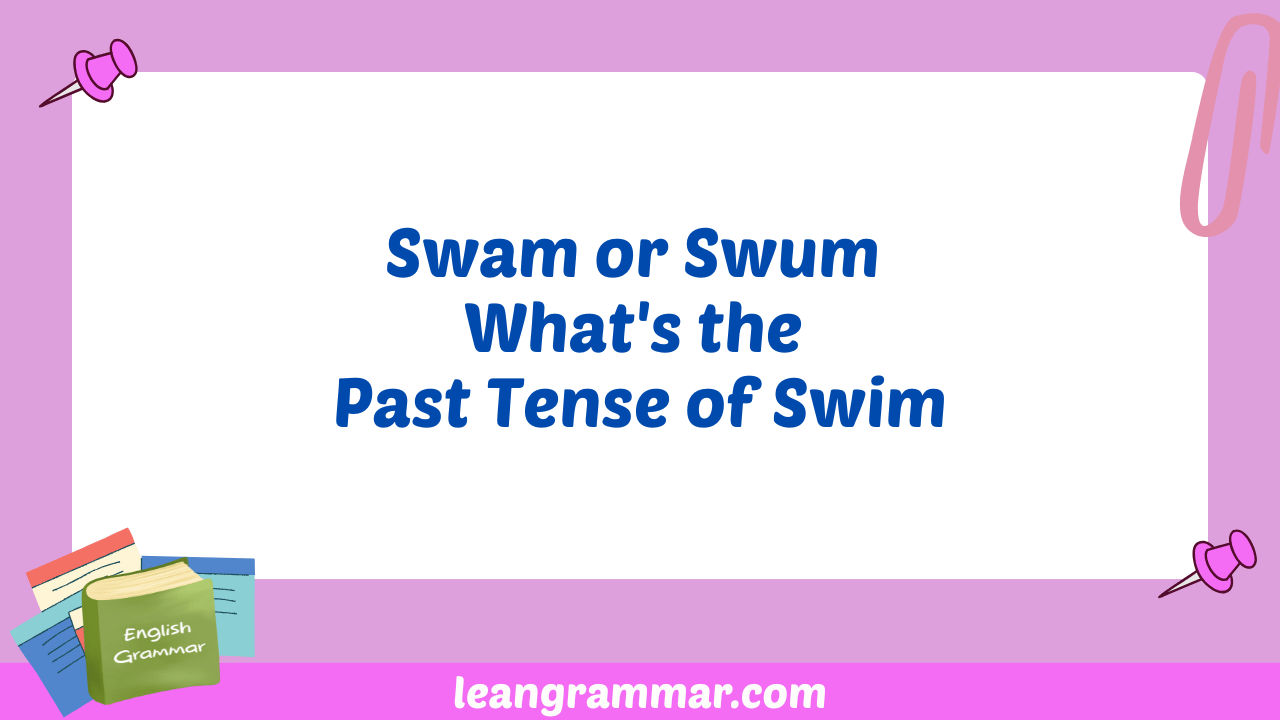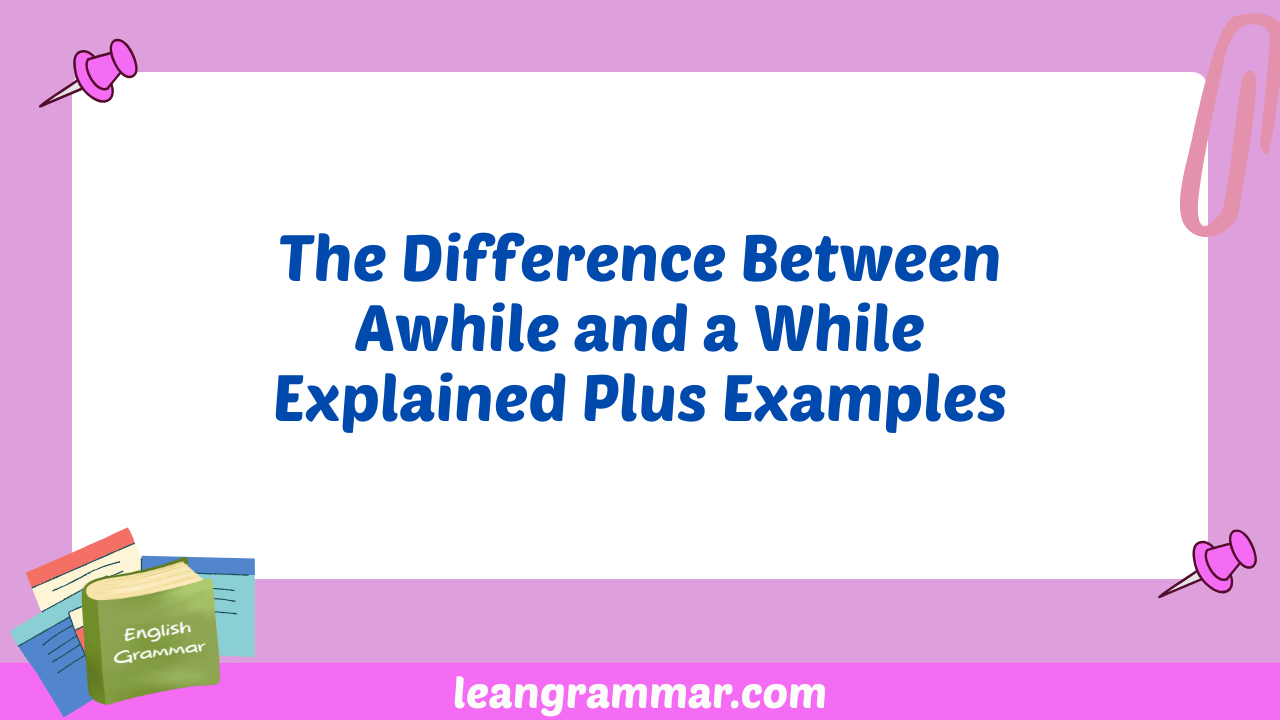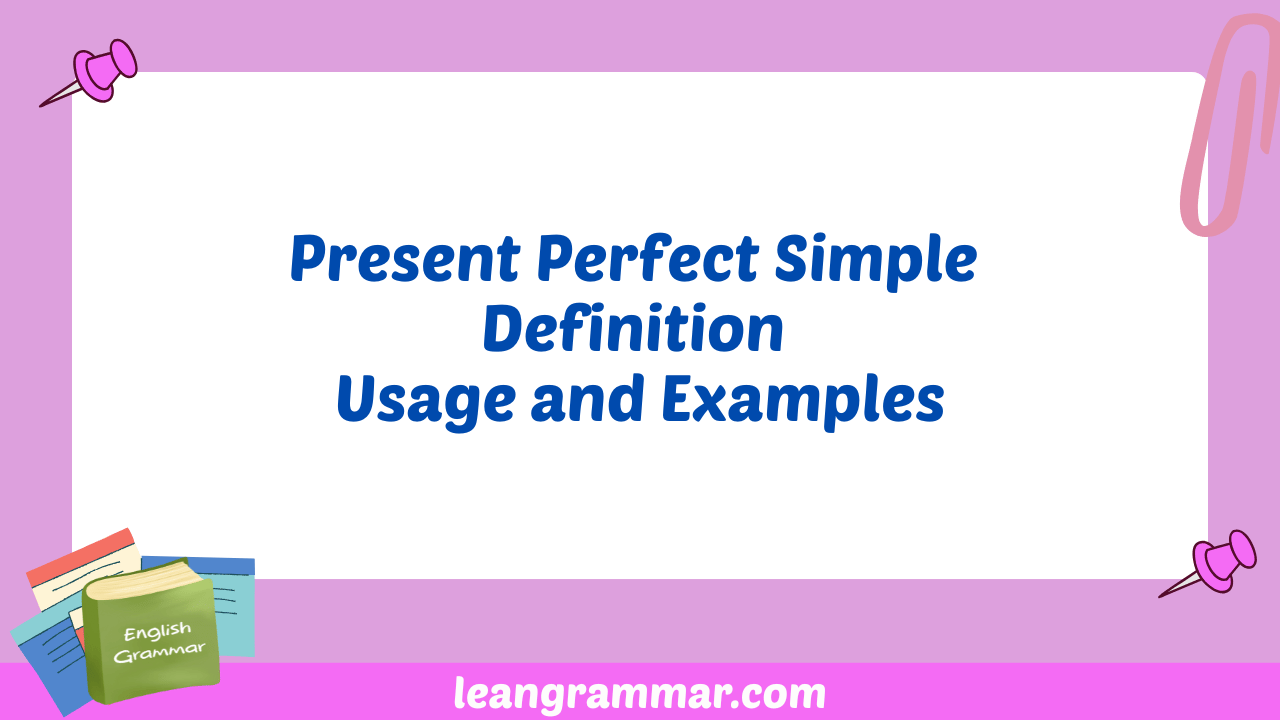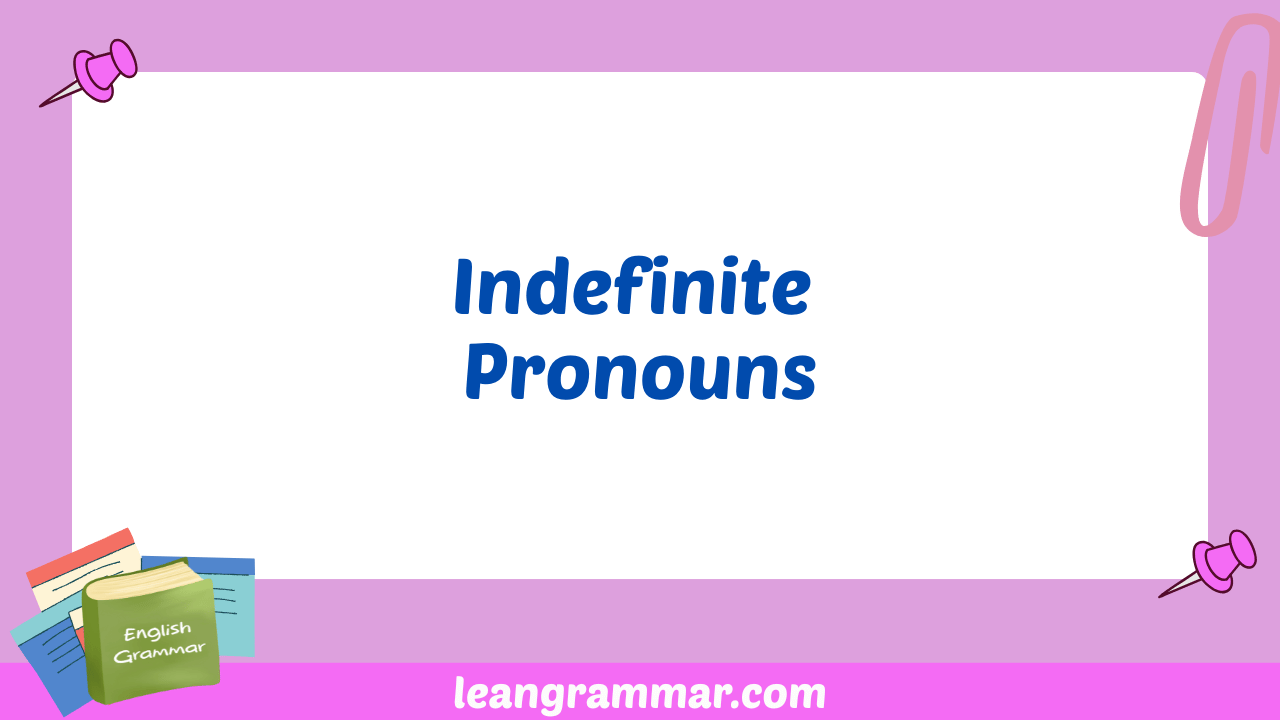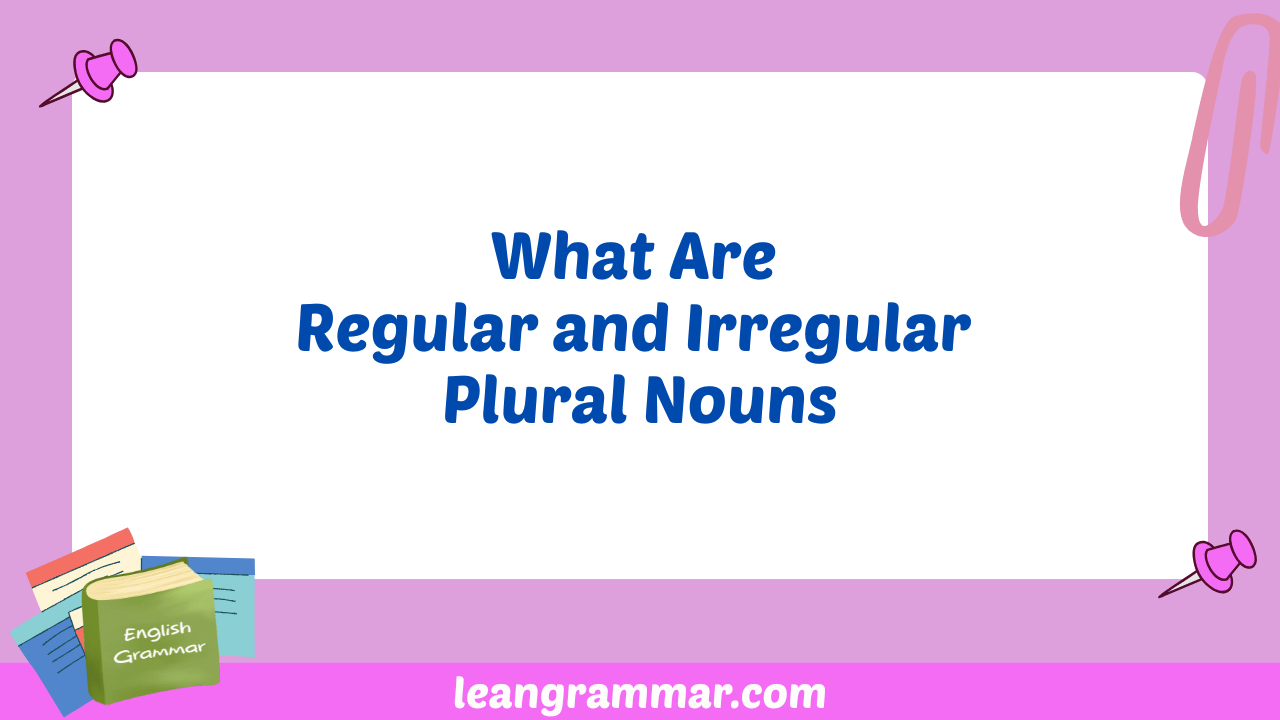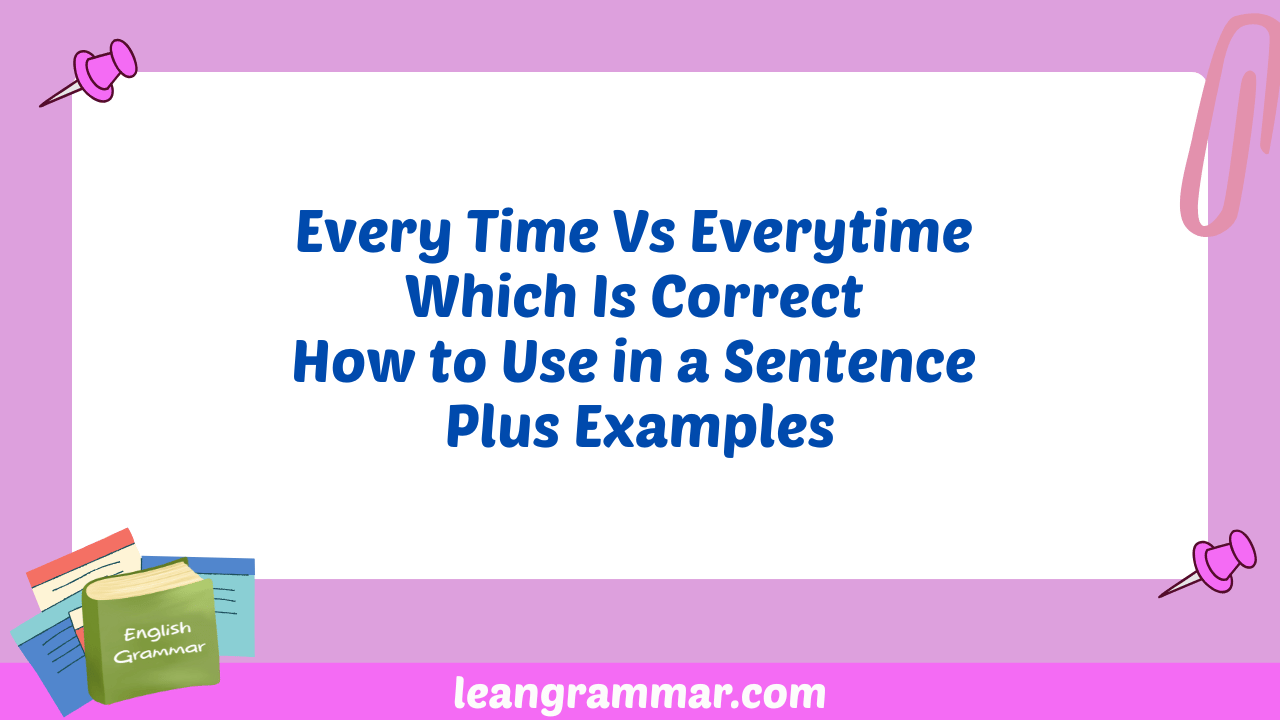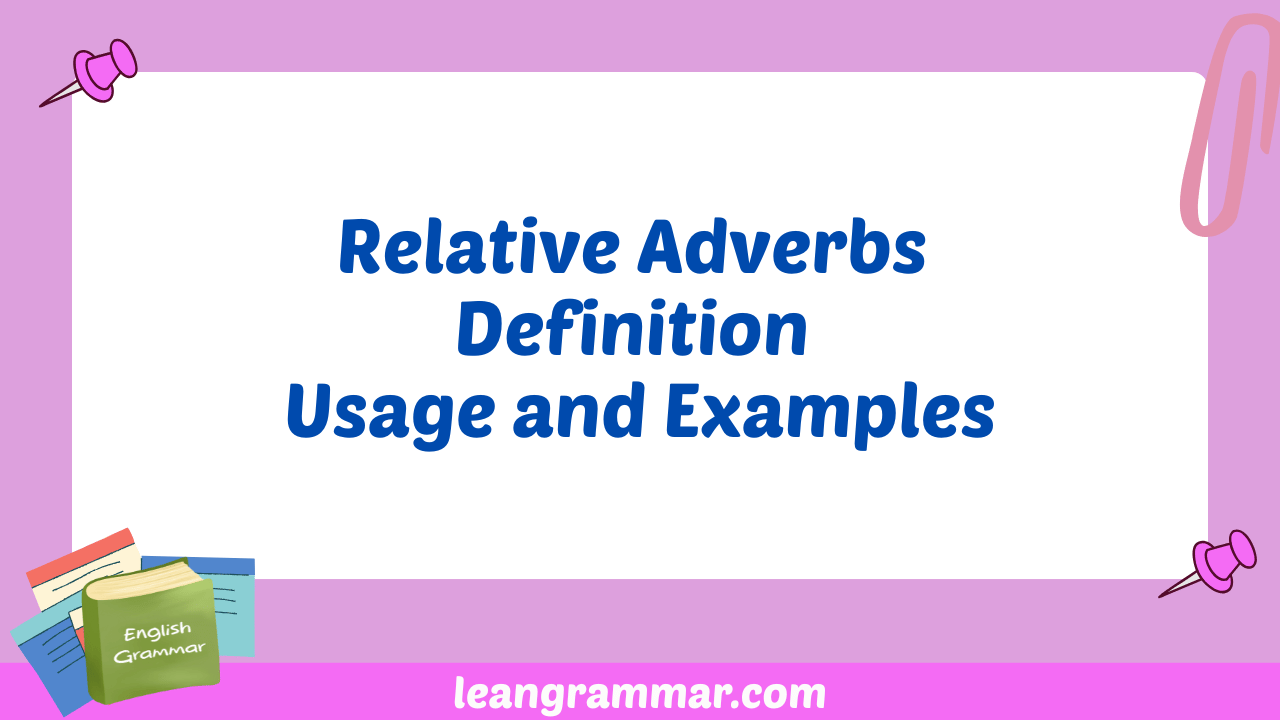Hippopotamus Plural: A Comprehensive Grammar Guide
Navigating the nuances of English plurals can be tricky, especially when dealing with words that have roots in other languages. One such word is “hippopotamus.” Understanding its plural forms – “hippopotamuses,” “hippopotami,” and even “hippos” – is essential for clear and accurate communication. This article delves into the grammar surrounding the plural of hippopotamus, providing … Read more
